Healthy and stable China-EU relationship promotes mutual achievements and illuminates world
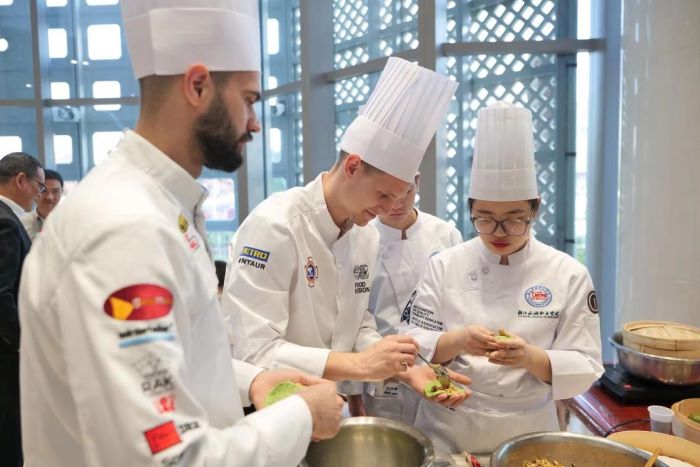
Agency : This year marks the 50th anniversary of diplomatic relations between China and the European Union (EU).
China and the EU are two major forces promoting multi-polarization, two major markets supporting globalization, and two major civilizations advocating diversity.
As transformation of the world unseen in a century is unfolding at a faster pace, the China-EU relationship bears heavily on the global landscape and the shared future of humanity.
In January this year, Chinese new-energy vehicle maker XPeng and Germany automobile giant Volkswagen signed a Memorandum of Understanding for strategic collaboration on a superfast charging network in China, an eye-catching move in the global auto industry.
Back in the 1980s, the first Santana car co-produced by China-Germany joint venture Shanghai Volkswagen marked the start of Volkswagen's deep engagement in the Chinese market.
Over four decades later, China's reform and opening up has propelled the country forward by leaps and bounds. From importing European technologies and management expertise to jointly exploring the industry's frontier, this upgraded cooperation trajectory speaks volumes: China's development and progress continue to create more opportunities for mutually beneficial cooperation.
As Volkswagen's journey in China shows, while the modes and fields of China-EU cooperation may have evolved over the past half a century, the underlying principle of mutual benefit and win-win cooperation remains unchanged. Historically and today, there is no clash of fundamental interests between China and the EU, making them partners that can contribute to each other's success.
A healthy and stable China-EU relationship serves as a strong driver for mutual achievements.
China and the EU remain each other's most important trading partners, with highly complementary economies and closely intertwined interests. In the past five decades, China-EU trade has expanded from $2.4 billion to $785.8 billion in 2024, covering everything from traditional industries like garments and toys to high-end manufacturing such as machinery and photovoltaic products.
Investment has increased from almost zero to close to $260 billion, moving into a fast lane with ample potential ahead. China-Europe freight trains have made over 100,000 trips, linking more than 200 cities and establishing a direct overland trade corridor between China and Europe. In the first quarter of this year, trade between the two sides reached 1.3 trillion yuan ($180.45 billion), equivalent to over 10 million yuan every minute.
A healthy and stable China-EU relationship also brings positive energy that illuminates the world.
Amid major turbulence and transformation in the international situation, a steady stream of high-level European visits to China in recent months has sent a clear signal of deepening strategic communication and enhancing mutual understanding and trust.
Both sides have reaffirmed their shared commitment to advancing world multipolarity and economic globalization, while continuing to collaborate on addressing climate change and safeguarding multilateralism, injecting positive momentum of openness, inclusiveness, and cooperation into a turbulent world.
Though different in history and culture, social systems, and development stage, China and the EU have demonstrated that countries can bridge differences through dialogue and replace competition with cooperation for the common good of humanity.
"What ultimately binds China and the EU is a shared vision for a peaceful, prosperous, and sustainable world," said Zamir Ahmed Awan, a professor and founding chair of the Global Silk Road Research Alliance. In his view, the China-EU partnership serves as a pillar of global stability.
The 50th anniversary of diplomatic ties marks not an endpoint, but a new beginning. The China-EU relationship now carries greater global expectations than ever. Both sides should draw on historical wisdom, deepen strategic communication, enhance mutual understanding and trust, and strengthen partnership, fulfilling their responsibility to the people, the world, and history.
To that end, China and the EU should recalibrate mutual perceptions with strategic foresight, ensuring their relationship continues to move in a direction that contributes to peace and development worldwide.
China has always regarded Europe as an important pole in a multipolar world. The China-EU relationship does not target any third party, nor should it be dependent on or dictated by any third party. China's deepening cooperation with the EU is not a matter of expediency, but a strategic choice grounded in shared interests and a commitment to forward-looking development.
Europe, for its part, should uphold strategic autonomy, develop a more independent and objective perception of China's development, and focus on cooperation over confrontation, so as to ensure a healthy and stable China-EU relationship.
China and the EU should approach their development blueprint with openness, forging greater consensus and pooling strength in building an open world economy.
As two major economic players, China and the EU jointly make up over one-third of the world economy and more than a quarter of the global trade. At a time when protectionism threatens global recovery and undermines the foundations of development, the two sides should work together to uphold the multilateral trading system, ensure stable industrial and supply chains, and expand their mutually beneficial cooperation, thereby contributing to the long-term stability of the world economy.
China and the EU should work together in upholding fairness and justice, playing a greater role in improving global governance.
The world today stands at a crossroads between justice and hegemony, between the rule of law and the logic of power. In these uncertain times, China and the EU should remain on the right side of history, jointly oppose unilateral bullying and uphold international rules and order.
This year, at the Artificial Intelligence (AI) Action Summit held in France, China joined Europe and other countries in advocating stronger global AI governance. On the occasion of the 10th anniversary of the Paris Agreement, China and France issued a joint statement, reaffirming their commitment to international cooperation on climate change. These concerted efforts underscore the significance of China-EU cooperation in injecting positive momentum into global governance and addressing the common challenges of humanity.
China and the EU should deepen mutual understanding through inclusive exchanges, injecting new vitality into exchanges and mutual learning among different civilizations.
Over 300 years ago, in his preface to his Novissima Sinica (Latest News from China), German philosopher Gottfried Wilhelm Leibniz saw China superior in ethics and the legal system while Europe was ahead in mathematics and warfare. He saw the opportunity of China and Europe embracing each other culturally and bringing benefit to the whole world.
Today, as the world stands at another historical crossroads, China and the EU are well-positioned to lead the way in promoting inclusiveness among civilizations. Former Austrian Chancellor Wolfgang Schussel noted that both Europe and China, as heirs to ancient traditions that shape human wisdom and morality, share a common vision for a more peaceful, prosperous, and just world.
Thanks to more convenient visa policies and other facilitative measures, two-way travel and cultural exchanges between China and the EU are flourishing. The handshake between China and Europe across the vast Eurasian continent continues to write a vivid story of mutual learning and harmonious coexistence among civilizations.
In a turbulent world, responsibility matters more than ever. As China and the EU join hands to tackle global challenges and promote an equal and orderly multipolar world and a universally beneficial and inclusive economic globalization, they will surely make even greater contributions to world peace, stability, development, and prosperity.
-By Huan Yuping, People's Daily








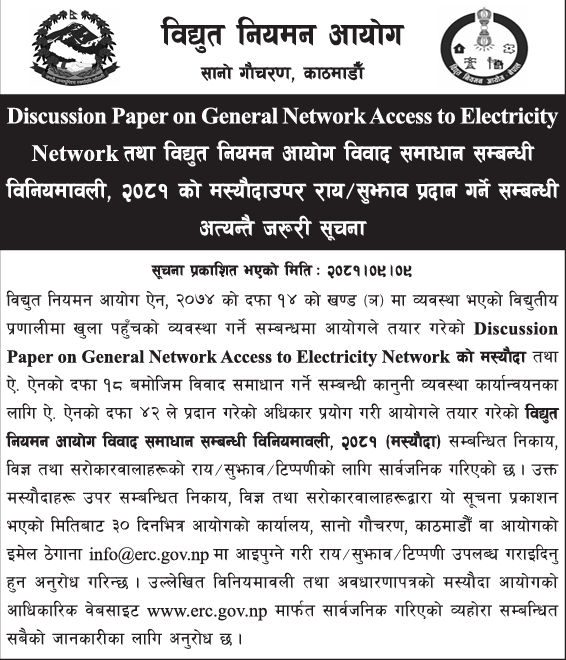



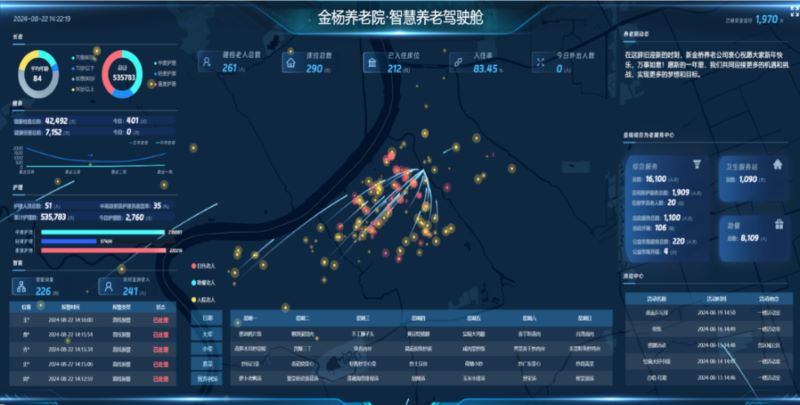
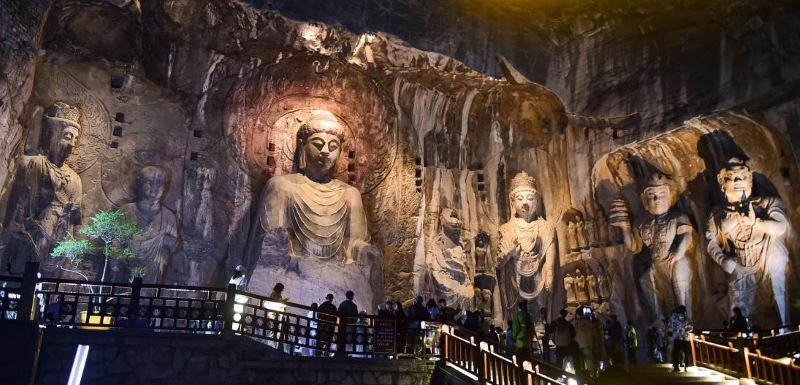
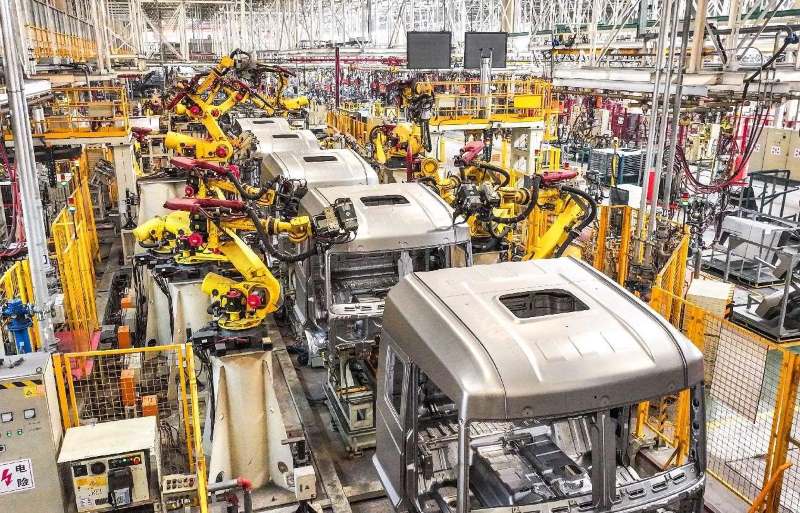
प्रतिकृया दिनुहोस